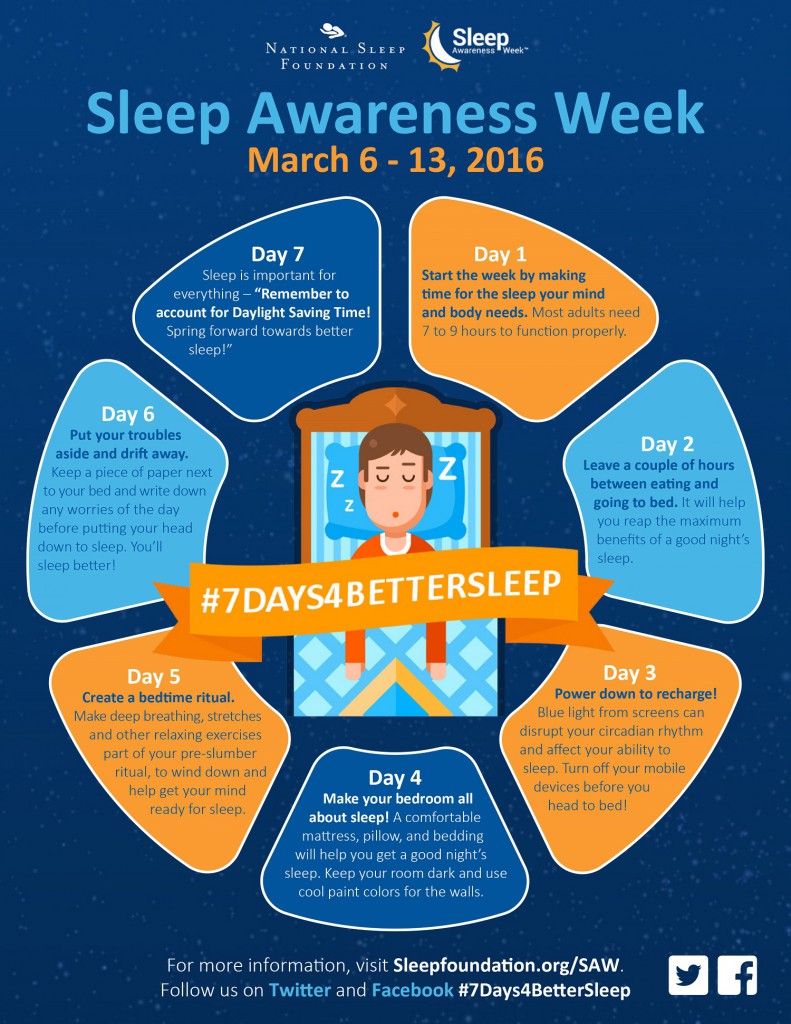March 27, 2020 by John Fernandez
Your Health & Daylight Saving Time: 6 Keys to Better Sleep Success

It’s time to spring ahead with Daylight Saving Time, which begins Sunday. But health and sleep experts are voicing concerns about the annual ritual of turning the clocks ahead by one hour. There are short and long-term risks linked to daylight saving time, poor sleep habits and chronic sleep deprivation.
“Data from the largest study of its kind in the U.S. reveal a 25 percent jump in the number of heart attacks occurring the Monday after we ‘spring forward’ compared to other Mondays during the year,” according to a study from the American College of Cardiology, a medical health association.
Poor sleep habits can take a minor toll on your health according to as Melissa Franco, D.O., a Baptist Health Medical Group physician with Baptist Health Primary Care in Palmetto Bay. Lack of sleep can instantly affect your mood and your ability to think and perform tasks, she says.
“Just one night of sleep deficiency can affect how you perform the next day,” she says.
The negative effects add up if you fail to get enough rest for several days. You may be more likely to fall asleep during the day, even while driving, because your body needs the extra rest, Dr. Franco says. When you feel low-energy, you’re less likely to exercise and more likely to overeat.
There could be a connection between your sleepless nights and expanding waistline, according to Timothy Grant, M.D., medical director of Baptist Sleep Center at Sunset.
Lack of sleep upsets the normal activities of two hormones that control our appetite. Leptin is the hormone that sends the “stomach-is-full” message to the brain, and ghrelin is the hormone that sends out “eat-more” messages. But when you’re starved for sleep, those appetite-controlling hormones are thrown off balance.
Less Sleep, More Health Risks
Over the long-term, chronic sleep deprivation is linked to higher risk of:
• Cardiovascular disease (heart disease, stroke and related conditions.)
• Hypertension (high blood pressure)
• Inflammation.
• Lower immunity to viruses and infections.
• Elevated blood sugar levels.
• Depression.
You can use daylight savings time to improve your sleep habits. March 6-13 is Sleep Awareness Week. Fortunately, there’s a lot you can do to get better sleep.
6 Keys to Sleep Success
1. Maintain a sleep routine.
• Go to bed and wake up at the same time every day, including weekends.
• Do something you find peaceful and relaxing just before bedtime. This can include reading a book, listening to music, drawing or painting, breathing exercises or meditation. Preferably, do your peaceful activity outside of the bedroom.
2. Disconnect. Turn off TVs and computers, and put down tablets and cell phones, two hours prior to going to bed.
3. Limit caffeine, alcohol and nicotine consumption six hours before bedtime.
4. Refrain from exercising in the four hours before going to sleep. The first signal that the body is ready to go to sleep is body temperature. Exercise raises body temperature, which also turns up the body’s metabolism.
5. Say hello to the sunshine. Seeing natural light within 60 minutes of waking up helps set your body’s natural clock on the right course for the day. Try opening the blinds and curtains immediately upon getting out of bed and not wearing sunglasses during the morning commute, if possible.
6. Scratch the nap. Being awake accumulates sleep debt, and taking a nap negates that debt. It may delay your natural sleep time that night.
The National Sleep Foundation also offers these tips to improve your sleep habits in seven days.
top stories













There are no comments